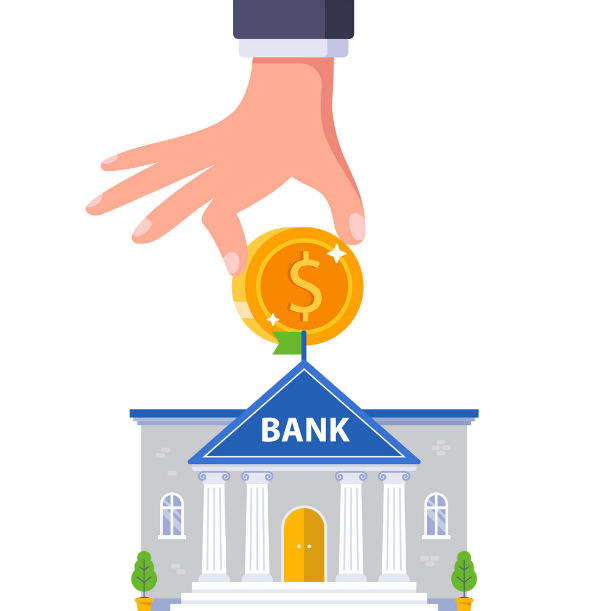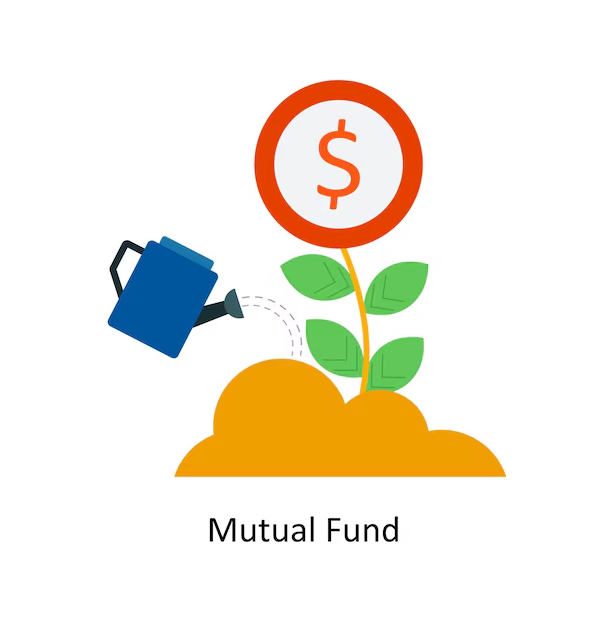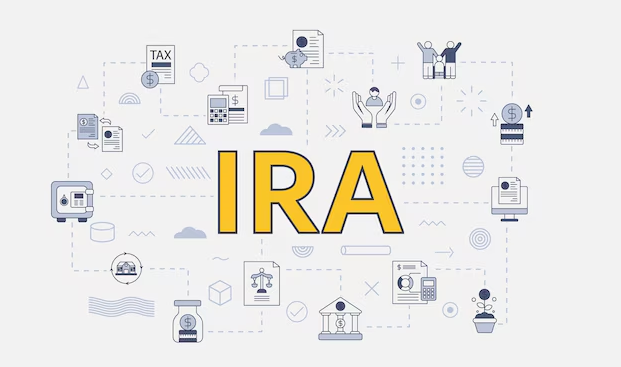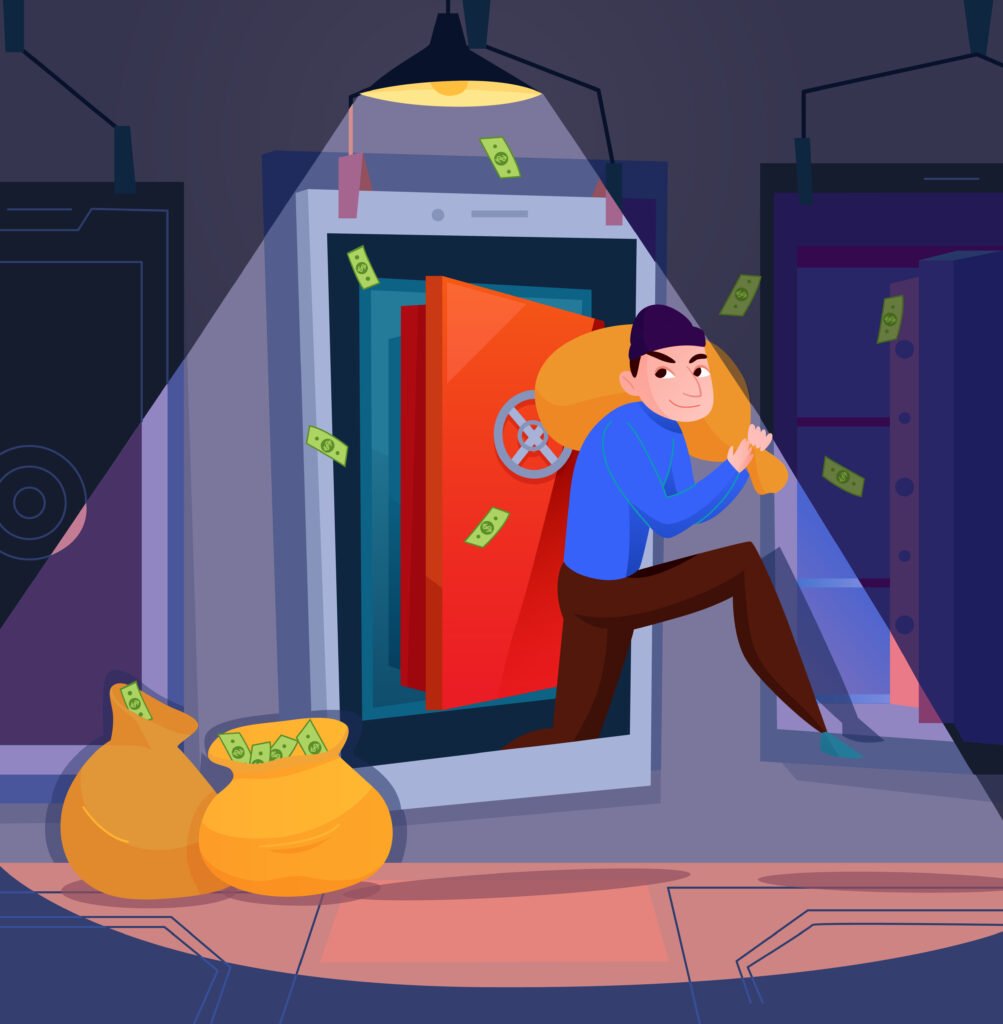Introduction
So money, in all its varieties, is an asset in people’s lives. From saving accounts to investments, we all need to know that our financial assets are safe no matter where we hold them. Today’s increasing money options and financial products lead to one question a person would think of: “Is Your Money Safe?” Whether sitting in the safest traditional bank account, increasing in a mutual fund, or locked into an IRA, ensuring safety in your money is highly relevant.
In this article, we are going to detail various places where one typically stores or invests their money and review the security of said financial vehicles. We’ll look into banks, IPOs, mutual funds, credit unions, fintech services like Revolut, and IRAs.
Is Your Money Safe in the Bank?
For most people, a bank account is the only way to deposit and manage money. Banks are highly regulated institutions and carry a lot of responsibility in keeping your deposits safe. But is your money safe in the bank?
Bank Account Protection: The Role of FDIC Insurance
Another major area of safety for money in the United States, within the bank, is the FDIC insurance. FDIC stands for Federal Deposit Insurance Corporation. The FDIC insures deposits up to $250,000 per depositor, per bank within member banks. This means that if your bank fails, the FDIC will reimburse you for that amount on your deposits.
That is why the FDIC becomes important where it steps in to support depositors in case a bank fails; this kind of insurance only extends its reach to certain kinds of accounts, such as checking, savings, and certificates of deposit. Investment products, like stocks and bonds, are usually excluded.

Risks and Considerations
While FDIC insurance provides excellent protection, the chances of your bank actually going under are very small. Indeed, observes the FDIC, the number of bank failures has dramatically declined over the years, and the last serious failure occurred during the financial collapse in 2008.
Still, there are some risks involved. If you have over $250,000 in the same bank, only a proportion of it will be covered by the FDIC. Avoid this to some extent by spreading your deposits across a number of different banks if you have savings in excess of this threshold.
Fraud and identity theft are always a risk; therefore, ensure you use strong passwords, activate two-factor authentication, and be very careful with your private banking information.
Is Your Money Safe in an IPO?
An IPO enables investors to purchase equities of an organization for the first time in its entrance into the stock market. The returns from an IPO can be quite high, but of course, at risks that come with it. So, is your money safe when investing in an IPO?
The Allure of IPOs
An initial public offering helps early-stage companies increase capital from public investors. It also offers the possibility of price appreciation. Companies like Facebook, Amazon, and Google raised enormous sums as they went public.
However, there is a rub to investing in an IPO; some risk falls on your shoulders. After the open period and IPO window close, the market tends to digest the new shares available. In the short term, prices can fluctuate rather widely, and for many poor-performing IPOs, they have been shown to do so.

Risks Involved in IPOs
These, too, are fraught with some danger. Is your money safe when investing in an IPO? The risk in the IPO is the greatest, with uncertainty about how that company will perform in the long term. Although most firms become giants in their industries, others translate into such expectations that end up causing losses on the side of their investors. Additionally, IPOs might be way overhyped, and the stock price might be inflated at the beginning.
Another risk is the absence of a financial history. Contrasting with well-established public companies that present years of financial reports to assess, IPO companies normally don’t have this kind of history; hence, investors can find it harder to judge their viability.
Regulatory Oversight
The Securities and Exchange Commission governs IPOs, which makes it compulsory for firms issuing stocks to disclose their business operations, financial condition, and risks. This regulation brings transparency to the process, but it’s no guarantee that the firm will succeed. Always do your due diligence before applying for an IPO.
Is Your Money Safe in Mutual Funds?
Mutual funds are one of the most popular investment tools. But is your money safe in a mutual fund? Investors pool money to gain ownership in a diversified portfolio of stocks, bonds, and other securities managed by professional fund managers.
Diversification and Risk
Diversification is one of the major advantages of mutual funds because it reduces the impact of one poorly performing stock or bond on the entire portfolio. Diversification does not eliminate risk. A mutual fund‘s value can drop if the overall market declines.

Investor Protections
With a regulated entity by the SEC and FINRA, mutual funds are transparent in terms of fee disclosures, risks, and performance with fraud protection for investors.
Market Risk and Fraud
Mutual fund risks mainly occur through market fluctuation concerning its assets. Although it is an unusual activity, investors should therefore be wary of “too good to be true“ offers and also verify the legitimacy of the mutual fund and the person managing the fund before investment.
Is Your Money Safe in a Credit Union?
A credit union is a not–for-profit business that is significantly similar to a commercial bank and offers savings and checking accounts along with loans and credit cards. Credit unions operate on a different model as compared to other organizations; however, they are perceived to be more community-oriented.
Credit Union Insurance
Like banks, credit unions provide deposit insurance. Rather than offering insurance through the FDIC, credit unions are insured through the National Credit Union Administration—an organization that provides nearly identical coverage. The NCUA insures deposits up to $250,000 per depositor, per credit union, just like the FDIC does for banks.

Benefits of Credit Unions
Credit unions are associated with giving better interest rates on savings and loans, lower fees, and more personalized customer service. Besides, since credit unions are not–for-profit institutions, they can return the savings to their members.
Risks in Credit Unions
In a credit union, there are risks that are the same as any risk in a bank. Credit unions hold a stable institutional concern since credit unions are less risky than other smaller community banks, yet they still fall into financial problems with liquidity and poor management.
Is Your Money Safe with Revolut?
Revolut is a financial technology or fintech company that provides services using digital banking. Among them, currency exchange, investment products, and money transfer services are also included. Money in Revolut is asked numerous times, with the answer coming fast due to rapidly growing popularity.
The Safety of Your Funds
Revolut is not a bank and, therefore, is not covered by FDIC or NCUA insurance; however, it is still regulated by the financial authorities of the country in which it operates, such as the UK‘s Financial Conduct Authority and the European Central Bank.
Since it works similarly to other banking software, the funds you place in a Revoult account are kept in another different account with the partner bank, meaning, of course, your money will never be mixed up or haphazardly merged and distributed with the company’s operational money. Again, this thus protects you should such a company go bankrupt.

Risks with Revolut
Although Revolut does offer plenty of services to its clients, such as cryptocurrency trading and investment management, a number of potential risks still exist in operating non-traditional financial companies. Some of the obvious risks , in this case, refer to it’s business model staying complaint in different countries under various pieces of financial regulation; also, fintech-based companies suffer more from hacking attacks, which puts in danger data and money possessed by their users if compared with traditional banks.
Making Your Revolut Account More Secure
It guards your account with a number of security features, including two-factor authentication. Online financial services like Revolut should not be taken lightly, and steps should be taken to ensure the security of your login information. Avoid phishing scams at all costs.
Is Your Money Safe in an IRA?
A great example is an IRA, or Individual Retirement Account, which is an account that has tax advantages to help people save for retirement. IRAs are generally pretty safe from a regulatory standpoint, but how safe your money really is inside an IRA is largely in your control through your investments.
Types of IRAs
There are various IRA types, including traditional and Roth IRAs and SEP IRAs Gold IRA. All IRAs are covered by the Employee Retirement Income Security Act, which outlines the fiduciary duty to ensure that retirement funds are used in the best interest of the person opening the account.

The Custodian‘s Role
The institution that holds your account is referred to as the custodian of an IRA. Custodians can be banks, investment firms, or credit unions. Custodian’s stability and reputation, therefore, determine the security of your IRA. Custodians offer a wide range of investment options, such as stocks, bonds, mutual funds, and ETFs. All this will be a function of the performance of the investments done in it to accumulate that much money in the account.
Risks involved in IRAs
Like any investment, IRAs are risky due to the market as your assets perform. The value of your IRA may fluctuate based on the performance of the assets you have held. If your investments make tribble choices or the market drops down low, your savings could be highly eroded. However, the tax benefits that an IRA can offer really make it a powerful tool for long-term financial growth.
Conclusion: Is Your Money Safe? How to Keep It Secure
It really depends on how it’s invested and where, after all. Whether stashed in a regular bank, invested in an IPO, bought in mutual funds, or placed in an IRA, each option brings with it its own set of risks and protections.
So, diversifying financial assets, knowing the reputation of any institution that you work with, keeping abreast of where the money is going, and taking precautions against fraud and market risks all help keep money as safe as possible. Do your research, know the questions to ask, and if you’re unsure, then consult a financial advisor. It‘s less about what investments you can take than how you manage risk over time.
FAQs
What happens if a bank fails?
- If a bank fails and it is FDIC-insured, the FDIC will step in to protect depositors up to the insured limit of $250,000 per account holder, per bank. You will typically be reimbursed quickly or have your funds transferred to another insured bank. However, investment products such as stocks or bonds held by the bank are not insured.
What happens if a credit union fails?
- If a credit union fails, the NCUA (National Credit Union Administration) insures deposits up to $250,000, similar to the FDIC. The NCUA will protect members’ insured deposits and may transfer accounts to another credit union or pay out funds directly. Investments or shares in the credit union are not insured in the same way.
How can I protect my money in a mutual fund from market crashes?
- While you can’t eliminate the risk of a market crash, you can manage it by diversifying your mutual fund investments across different asset classes (stocks, bonds, real estate) and industries. You should also ensure your portfolio aligns with your risk tolerance and financial goals. Rebalancing your portfolio periodically can help mitigate the impact of market downturns.

Owner of Paisewaise
I’m a friendly finance expert who helps people manage money wisely. I explain budgeting, earning, and investing in a clear, easy-to-understand way.

